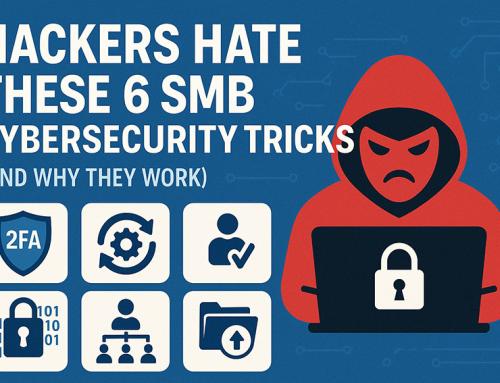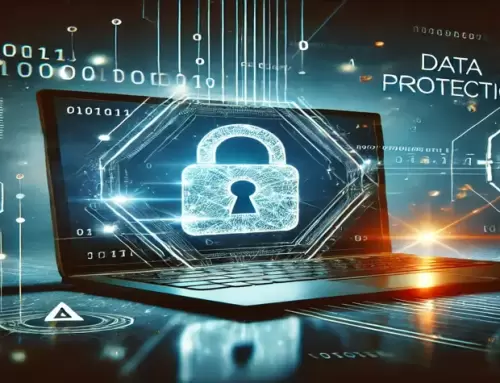When you’re at the helm of a small business, there’s seemingly no end of waves rocking the boat. You have to buy stock, market your services or products, find reliable staff, chase invoices and more – all while trying to build a reputation for quality and reliability.
It often means IT security takes a back seat, particularly when it comes to something as seemingly mundane as upgrading your servers. But your business exists in a completely interconnected world, which means that securing your servers is as important as locking your doors.
Why should you care about server upgrades?
In a world where trillion-dollar companies are no longer a fantasy, it’s easy for a small business owner to feel safe from hackers because there are much bigger fish to fry. Honestly, why would someone go after your business when, by comparison, there’s so little to take?
Unfortunately, the case is essentially the opposite, with small businesses the target in 58% of all cybercrimes, based on Verizon’s 2019 Data Breach Investigations Report.
Essentially, hackers recognize that small businesses are under greater strain and have fewer resources dedicated to IT security, making them prime targets. Despite this, only 14% of small businesses are prepared to defend themselves against cyberattacks.
Thus, the vast majority of small businesses are unaware of just how open something as critical as their servers – the place where an online business, including all its precious data, essentially “lives” – can be.
The odds are that you’re a viable target and don’t even know it.
The security risks of delaying upgrades
It’s a simple fact of business that a cyberattack can be devastating, costing businesses an average of $200,000 in damages. And one of the easiest ways to end up the victim of such an attack is to have out-of-date servers.
Firstly, old servers stop receiving patches and support for their operating systems. Take, for example, Windows Server 2008 and Windows Server 2008 R2. Support for both these server OSs ceased in January 2020, meaning any business still using them is running a substantially increased risk of being hacked.
However, even if you keep paying for server support, your old hardware will still be a far more attractive target to criminals than a newer system. Patches and updates can keep old systems going, but at a certain point, they won’t be able to keep up with the demands you’re making of them. Nor will they be able to resist the attacks that keep coming at them.
Upgrade to Windows Server 2019 and strengthen your server security
Of course, it’s easy to point out flaws, but how about some solutions? Well, if you’re looking to upgrade your servers, look no further than Windows Server 2019. Aside from easy integration with Microsoft Azure, for seamless and secure cloud backup, Server 2019 is also strong on the security front. For example:
- Windows Defender Credential Guard ensures that hackers cannot gain access to your systems using pass the hash – a technique that allows someone to replicate your password without knowing what it is in plain text. Defender Credential Guard ensures your hash is completely secure and only authorized users have access.
- Windows Defender Device Guard ensures that only select software can run on your server. It’s a strong way to keep malware from infecting your servers with a denial-of-service attack.
- Microsoft Enhanced Windows Defender is the market-leading anti-malware and antivirus solution. What’s more, Enhanced Windows Defender will grow and learn with your business, so it protects you better over time.
Don’t get too paranoid about server security, but don’t put your head in the sand either. Keeping your server(s) up-to-date will ensure there are locks on your digital doors, keeping your business safe and secure.





